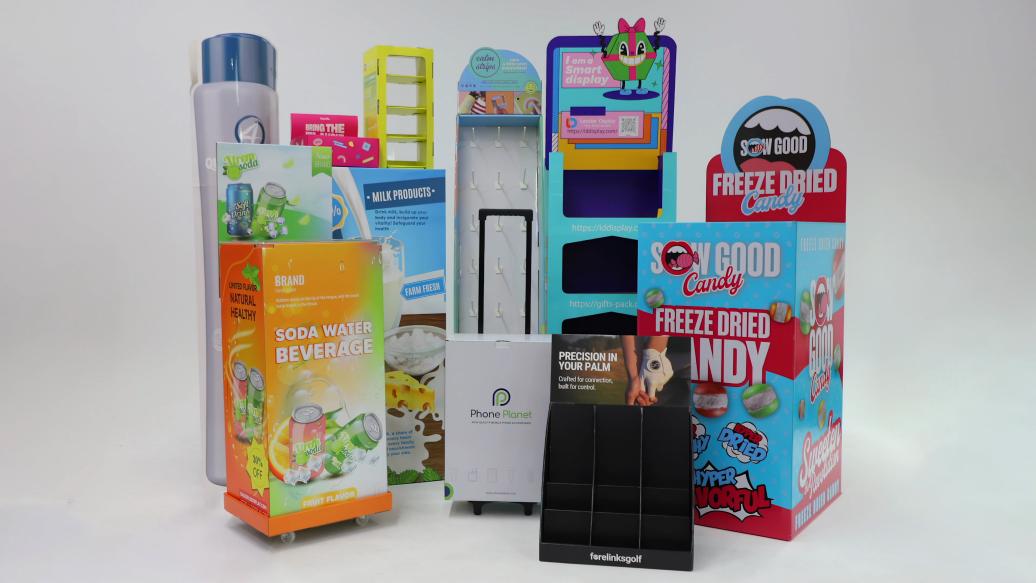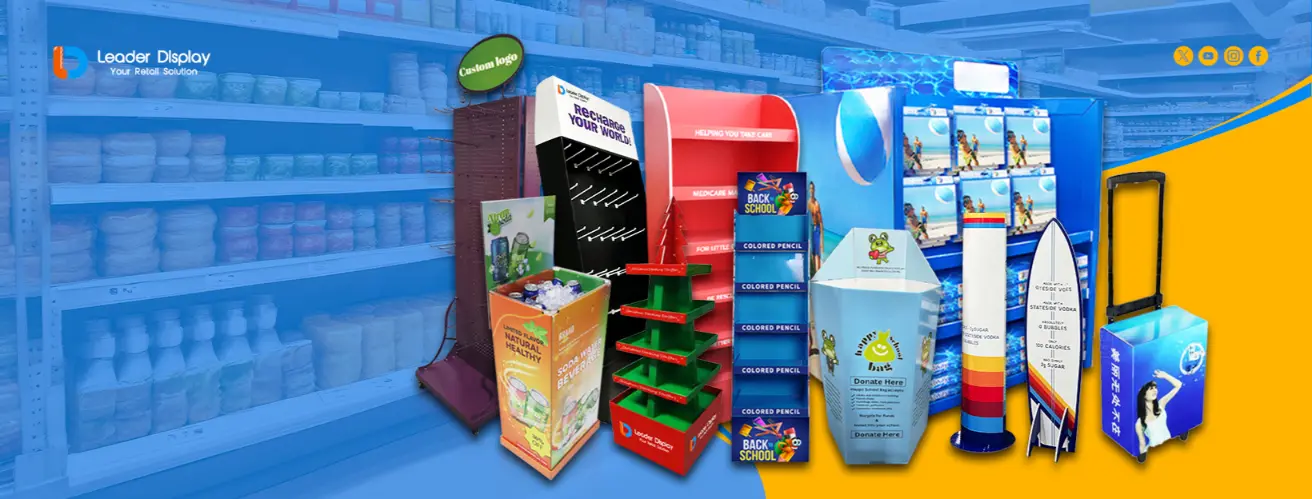In the fast-paced world of logistics, the role of packaging is critical. Corrugated packaging, with its versatility and eco-friendly attributes, is becoming a game-changer in the industry. This blog delves into how corrugated packaging not only ensures the protection of shipments but also contributes to reducing the environmental footprint of the logistics sector.
The Guardian of Shipments
Corrugated packaging stands as the guardian of shipments, providing a robust and protective shield for products in transit. Its unique structure, composed of layers of paperboard with a corrugated medium in between, offers exceptional strength and durability. This design is particularly effective in safeguarding goods from external impacts, ensuring they reach their destinations in optimal condition.
Durability in Transit
Logistics involves a series of handling, loading, and unloading operations. Corrugated packaging excels in durability, mitigating the risks associated with these processes. Whether it's fragile electronics, perishable goods, or bulky items, the protective nature of corrugated packaging minimizes the chances of damage during transportation.
Customized Solutions for Varied Shipments
One size does not fit all in logistics, and corrugated packaging recognizes this reality. The industry has evolved to offer customized solutions tailored to the specific needs of different shipments. From corrugated boxes and inserts to protective cushioning, the versatility of corrugated packaging ensures a tailored fit for diverse products.
Eco-Friendly Logistics: A Green Revolution
As sustainability becomes a focal point across industries, logistics is no exception. Corrugated packaging emerges as a sustainable choice, aligning with the growing environmental consciousness of businesses and consumers alike.
Recyclability and Renewable Resources
Corrugated packaging is inherently recyclable, contributing to the circular economy. The use of renewable resources, such as responsibly sourced paperboard, minimizes the environmental impact associated with packaging materials. This eco-friendly attribute resonates with companies aiming to reduce their carbon footprint.
Lightweight Design for Reduced Emissions
In the logistics ecosystem, weight directly influences fuel consumption and emissions. Corrugated packaging's lightweight design is a boon for transportation efficiency. Reduced weight not only lowers fuel consumption but also decreases emissions, aligning with sustainability goals and regulatory standards.
Technology Integration for Efficiency
The marriage of technology and corrugated packaging brings forth a new era of efficiency in logistics operations. From automated packaging lines to smart tracking solutions, technology integration enhances the overall logistics process.
Automated Packaging Lines
Automation streamlines packaging operations, improving speed, accuracy, and consistency. Corrugated packaging manufacturers are adopting automated systems that efficiently produce standardized and customized packaging solutions, reducing lead times and enhancing overall logistics efficiency.
Smart Tracking and Traceability
The integration of smart tracking technologies enhances visibility throughout the supply chain. Corrugated packaging, when equipped with RFID tags or barcodes, enables real-time tracking and traceability. This not only aids in inventory management but also enhances security and reduces the risk of losses during transit.
Future Outlook: Corrugated Packaging in the Age of Sustainable Logistics
Looking ahead, corrugated packaging is poised to play an even more significant role in the logistics landscape, driven by sustainability imperatives and technological advancements.
Innovations in Sustainable Materials
Research and development efforts are underway to explore innovative and sustainable materials for corrugated packaging. Bio-based alternatives and advancements in recycling technologies are expected to further enhance the industry's eco-friendly profile.
Circular Economy Initiatives
Collaborative efforts across the logistics and packaging industries are fostering circular economy initiatives. The recycling loop for corrugated packaging is being strengthened, ensuring that materials are consistently reused, reducing waste and promoting a more sustainable logistics ecosystem.
In conclusion, corrugated packaging is a linchpin in the logistics sector, providing both protection for shipments and a sustainable solution for the environment. As the industry continues to evolve, the integration of innovative materials and technologies promises a future where logistics and sustainability seamlessly coexist, and corrugated packaging remains a key player in this transformative journey.





One Response